David Vining's Blog, page 159
May 5, 2021
Inland Empire
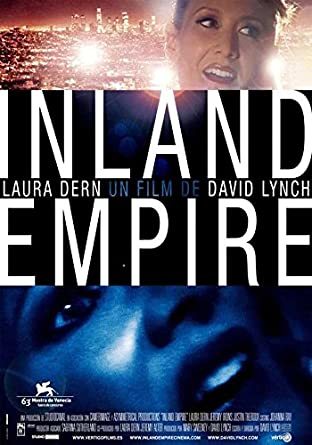
This is the ultimate David Lynch movie. Born of a series of experimental short films he made with consumer grade digital cameras, this is a series of images looking for a story. Thankfully Lynch did find a story to hang it all off of, but at three hours I think it ends up meandering around with his experiments for too long at different stretches. Overall, I would call this a good film, a terrifying descent into an identity crisis, but there end up being large blocks that feel out of place in...
May 4, 2021
Mulholland Drive
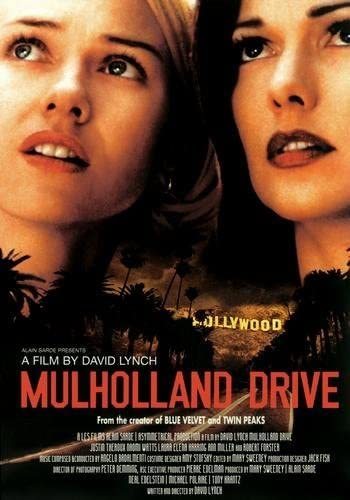
Rather famously salvaged from a television pilot made for ABC, David Lynch’s Mulholland Drive is a delirious and mad descent into depression from two different, mutually exclusive directions. This is kind of the perfect Lynch movie in a way, where the specifics and literal realities are wildly open to questioning, but the central thematic idea, the story, is never in question.
I’m fairly certain that it’s not just that the first 90 minutes are the original television pilot and everything ...
May 3, 2021
The Straight Story

This is the black sheep of David Lynch’s filmography. Even Dune doesn’t stick out as much as this because that still feels distinctly Lynchian in all of its deeply flawed glory. There’s a single sequence that feels like the work of the man who made Eraserhead and Lost Highway, and it’s integrated so well into the quiet tale of an old man on one final trip to visit his dying brother that it n ever sticks out. This feels like, to a certain degree, Lynch’s The Age of Innocence, a movie that fee...
April 30, 2021
Lost Highway
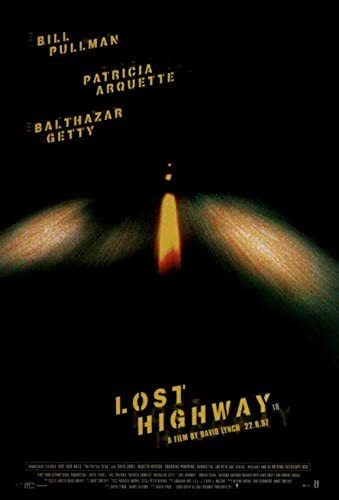
This movie has convinced me that David Lynch does not make difficult movies. He makes movies that require the audience’s attention and investment, but the central idea isn’t some obtuse thesis on an obscure philosophical idea. There’s always an intensely human core to his films, and I don’t think that these human ideas are particularly difficult to figure out. If Lynch had a single character say a single line that explained what was happening at any point in the film, people wouldn’t call hi...
April 29, 2021
Wild at Heart
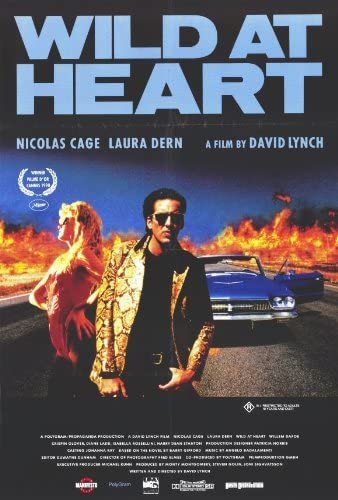
This is probably the most extreme example of the combination of wildly variant tones that David Lynch revels in. Adapted from the novel by Barry Gifford, Wild at Heart is a combination of Badlands, The Wizard of Oz, and Blue Velvet thrown into a blender and set on the highest setting. Made during the production of Twin Peaks‘ original run, it shares a similar embrace of soap opera conventions to an extreme, putting it somewhere on the border between straight telling of a story within the gen...
April 28, 2021
Blue Velvet
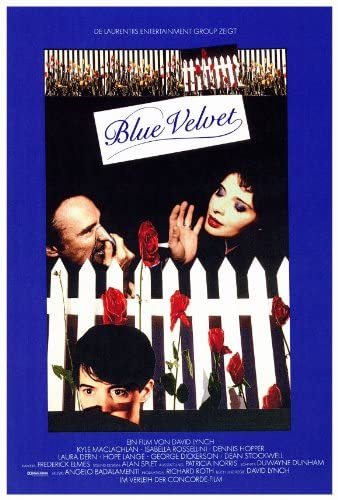
In some ways, this reminds me of Stanley Kubrick’s reaction to directing Spartacus, a movie he had no creative control on and found deadening, by directing Lolita as his follow up. For Lynch, Dune was a draining experience of constant compromise that led to the end result of a less than stellar film, so he followed it up with an intensely personal film at a much smaller scale where he had full control in Blue Velvet.
Blue Velvet tells the story of Kyle MacLachlan’s Jeffrey who investigate...
April 27, 2021
Dune (1984)

I hold David Lynch’s Dune up as the perfect example of an adaptation done wrong. It’s too concerned with capturing moments from the book to actually tell a story, and it even misses the basic point of the book on top of all that. If you’re going to hire a surrealist to interpret Frank Herbert’s Dune, you don’t hamstring him at the script stage. You give him the money and watch to see what comes out. If you don’t want to take that risk, then don’t hire him. Keep the project on hold for a coup...
April 26, 2021
The Elephant Man

David Lynch’s second film is held up as one of his best, but I think it’s hampered a bit in a couple of spots that keeps it from greatness. There are wonderful performances from an incredible cast throughout, the production is amazing to simply look at, and the makeup effects are great, but there are also some dramatic moments introduced that feel wrong to me and the use of industrialization as a motif feels out of place where, in Eraserhead, they had felt incredibly appropriate.
The stor...
April 23, 2021
Eraserhead
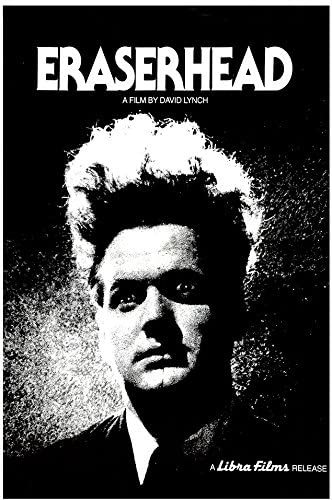
This represents some of the absolute highs and absolute lows of independent production. Judging it purely by the end result, David Lynch’s first film is a searing, personal portrait of a specific idea, completely unencumbered by committee decisions driven by nervous studio executives, worried about the film’s salability. On the other hand, it took Lynch five years to complete the film because he couldn’t find steady financing, delivering papers throughout the extended shoot in order to simpl...
April 22, 2021
Riddick
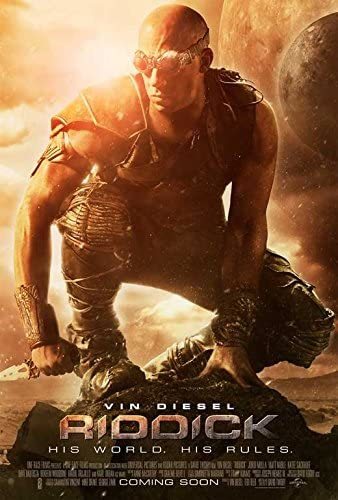
Without the kind of financial success expected from The Chronicles of Riddick, the Riddick franchise seemed dead. Through some negotiation and a cameo in the third Fast and Furious film, Vin Diesel acquired the rights to Riddick from Universal, and he and David Twohy scrounged up the money independently to finance this third entry in the fractured series. You could buy the conceit that Pitch Black was supposed to be akin to The Hobbit in to a Chronicles of Riddick version of The Lord of the ...



